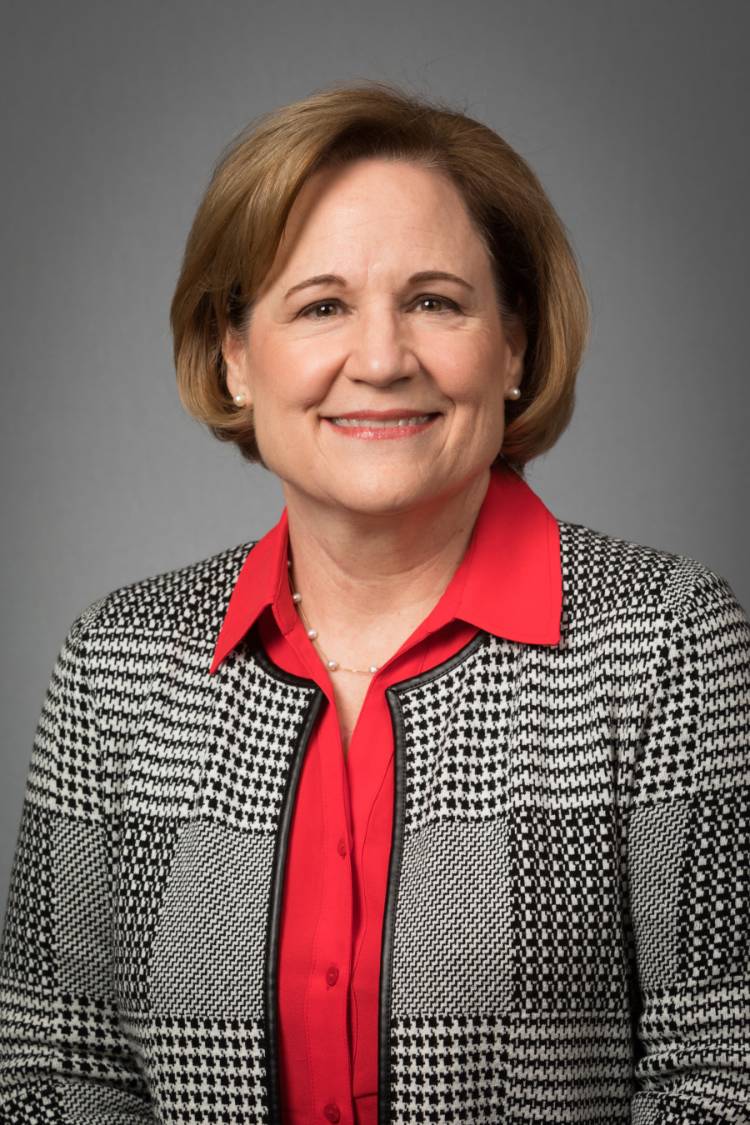
Miller aspires to empower family and consumer sciences educators across the country
Cynthia "Cindy" L. Miller, Ph.D., CFCS, CPFFE joins the Family and Consumer Sciences Education program as an assistant professor. Cindy earned a Bachelor of Science in Secondary Business Education, Master of Education with an Emphasis in Business Education, and a Ph.D. in Family & Consumer Sciences, all from Texas Tech University.
"I have a Mid-Management Administrator (PK-12) Certification and a Secondary Business Composite Teacher Certification from the Texas Education Agency," Cindy explained. "Additionally, I have two national certifications in Family and Consumer Sciences and as a Personal Finance and Family Educator from the Association of Family & Consumer Sciences, as well as a national certification as a Global Career Development Instructor/Facilitator from the National Career Development Association."
Cindy says she was inspired to pursue the field of family and consumer sciences (FCS) because of how she has seen other FCS educators empower individuals and families on a global level, working in diverse societies and combatting challenges of living.
"Since all three of my degrees are from Texas Tech, I am an avid Red Raider," Cindy said. "But I also wanted to be a part of giving back to FCS students the tremendous learning experiences I received here so they can realize the impactful difference they can also make in the lives of their students at the secondary education level."
She is most looking forward to getting to know other college faculty members, intending to collaborate on future projects, especially study abroad. Cindy's teaching focus included curriculum development, career development, critical science, and administration/leadership in family and consumer sciences.
"My main research interests are determining and measuring the quality of current work-based learning opportunities in secondary FCS programs, which should provide students with real-life work experiences," Cindy said. "My second interest is on teacher efficacy in the implementation of the Critical Science Approach in secondary FCS curriculum. This effectively integrates a practical problem-focused, process-oriented approach that includes teaching students how to examine recurring practical problems, find ethical solutions, and take socially responsible action."
Cindy wants her students to know that she believes teaching is done with students, not to them.
"By giving students a voice in class or online, not only do the students benefit from peer-to-peer learning by enriching the course material with personal experiences and knowledge, but they also take responsibility for their own learning and, therefore, enhance the integration of their new knowledge into practice," Cindy said. "Promoting independent and critical thinking is essential so that students can take what they have learned and apply it to real-life situations. I endeavor to make my classroom and online learning environment an arena for students to learn skills and demonstrate outcomes."
